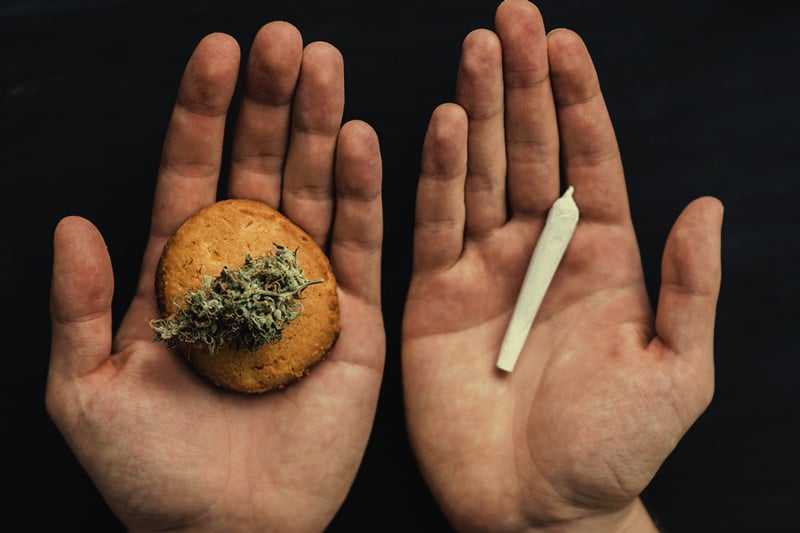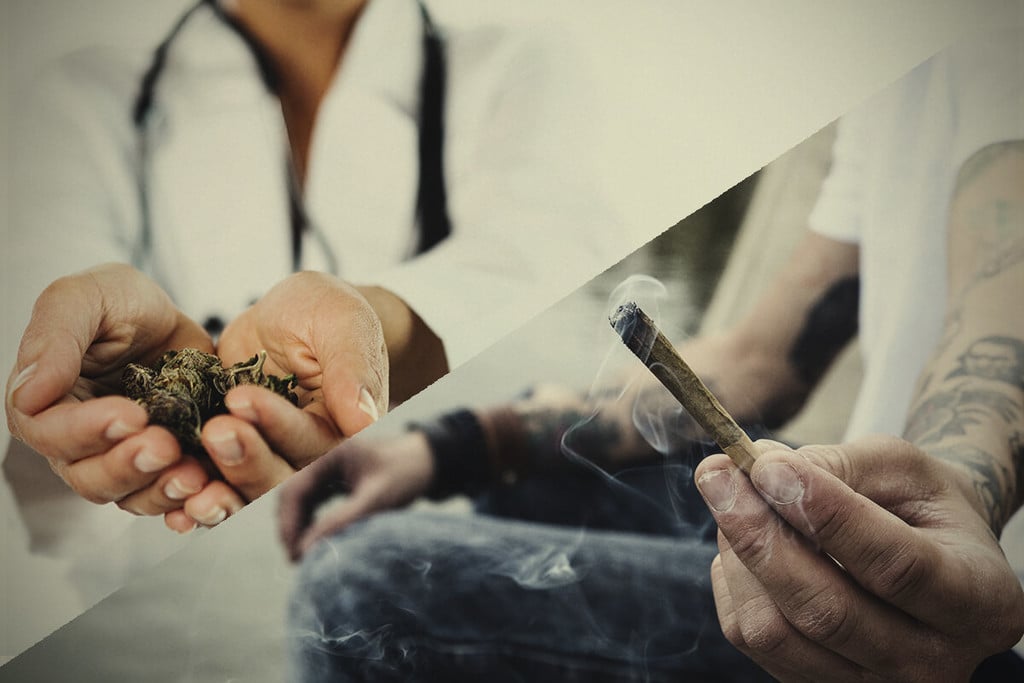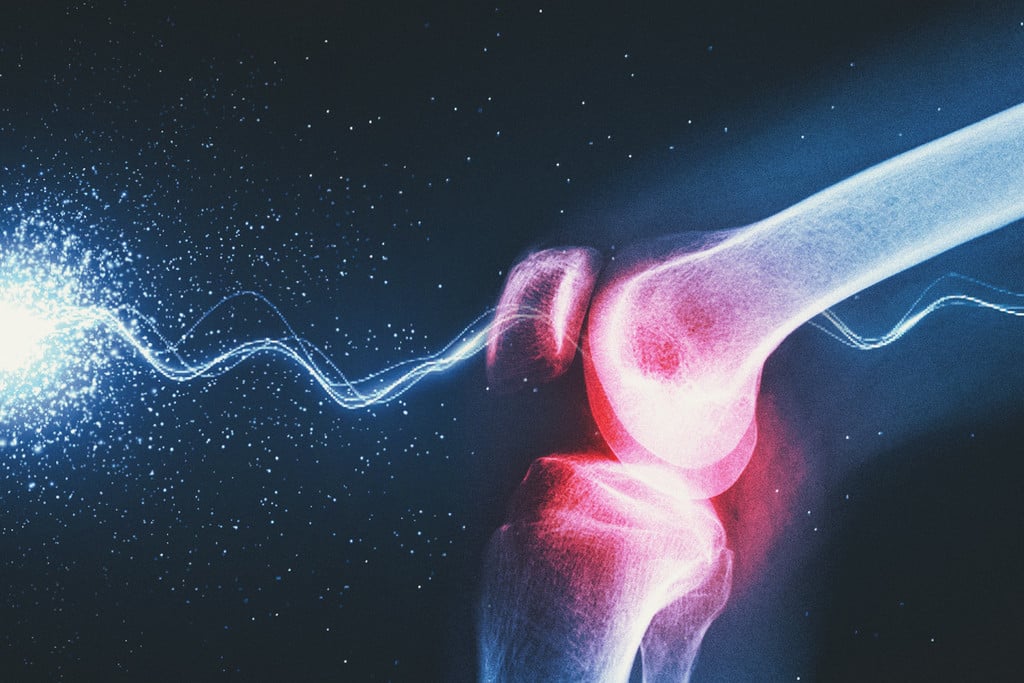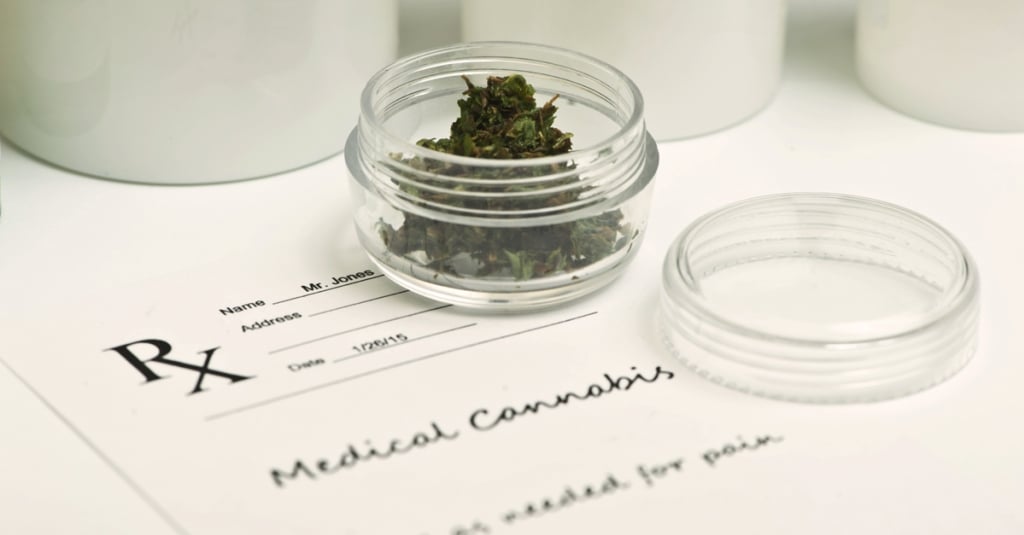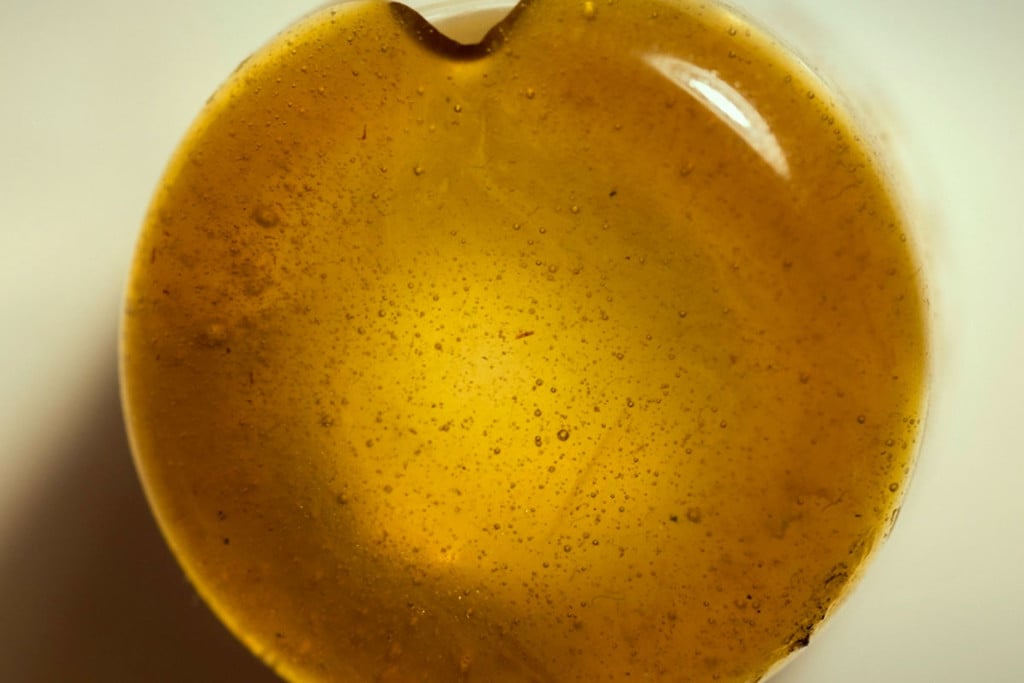.
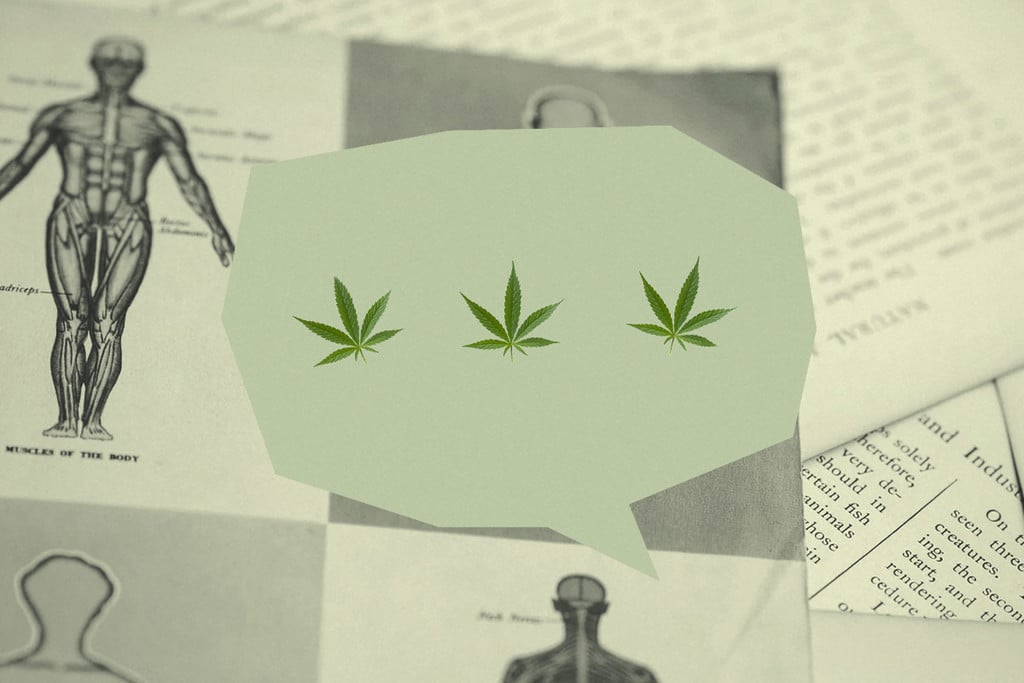
7 Tips For Talking To Your Doctor About Cannabis Or CBD
Cannabis has re-emerged into mainstream culture, along with many of its constituents, like CBD. Many people are now discussing cannabinoid use with their doctors. Use this simple list of tips to optimise the conversation.
Contents:
Cannabis and CBD are increasing in popularity. Multiple countries around the world now enable patients to legally pick up cannabis prescriptions. Regardless of whether you live in a region where it’s legal or prohibited, it can help to do some homework before bringing cannabis up with your doctor. Use the tips below to enter your appointment feeling confident and armed with the right questions.
BE SERIOUS
Why do you want to use cannabinoids? If you’re going to bring up cannabis or CBD use with your medical professional, you should be serious about your decision. Don't treat the conversation like a joke or casually add it in at the end of your appointment. If you want to discuss this topic seriously, you need adequate time to work things out with your doctor.
If you happen to live in a region under prohibition, bringing up cannabis use can be nerve-wracking. If you’re serious about it and believe it can make a beneficial difference to your life, present your case as such. Don't undermine yourself by perpetuating stereotypes or false information.
DO YOUR RESEARCH BEFORE THE APPOINTMENT
It's up to you to conduct the necessary research on your condition and the laws surrounding cannabis and CBD before your appointment. It's also on you to delve into research on cannabinoids, terpenes, and the endocannabinoid system itself, so you can be as informed as possible from all angles.

UNDERSTAND YOUR CONDITION
Even a basic grasp on your condition will help you feel more at ease and encouraged than facing the unknown. Expand your personal research into how exactly cannabis and CBD might impact you. Attending the doctor’s office with this knowledge in hand will help you understand your doctor’s response and approach. It will also give you a leg to stand on if your doctor questions your choice.
WHAT IS THE LOCAL LAW REGARDING THE USE OF CANNABIS OR CBD?
Cannabis and CBD laws fluctuate around the world. They can even change from state to state or county to county. Learn about your local cannabis and CBD laws before speaking to your doctor about it. As a non-psychoactive cannabinoid, CBD remains legal in many countries. However, many medical systems don’t view it as a medicine.
Some countries have legalized cannabis for medicinal use, but even possession of the herb remains an offence in many nations. Review the laws of your country to see if it’s worth pursuing any further.
LEARN ABOUT CANNABIS AND CBD
Many systems are behind the times when it comes to scientific findings. Of course, detailed clinical trials confirming the efficacy of substances take time. However, many biology textbooks don’t even feature the endocannabinoid system. Most patients are left to educate themselves when it comes to cannabis or CBD. Chances are—in countries under prohibition—your doctor might not be well-versed on either.
Read up on cannabinoids and the function of the endocannabinoid system before your consultation. Showing your knowledge on the topic might even help introduce your physician to something they weren’t really aware of.
THINK ABOUT WHICH TYPE OF CANNABIS OR CBD PRODUCT WOULD SUIT YOU BEST
You may already be experimenting with cannabis before approaching your doctor. In this case, you probably know which strain, extract, or even specific cannabinoid works best for you. If not, it’s worth exploring the options. THC produces a psychoactive effect that may help boost the mood, soothe the body, and raise the spirits. It certainly helps many people get out of bed in the morning and start their day off with a positive mindset.
CBD produces no psychoactive high, but provides a lucid and clear-headed effect that allows users to remain fully functional and productive. Certain extracts also exist that possess varying ratios of the two cannabinoids to fit specific needs.
Aromatic molecules known as terpenes also dictate the effects of a particular strain or extract, producing a synergistic effect[1] with cannabinoids. Myrcene, for example, exerts more of a relaxing sensation. In contrast, limonene produces more of a lively and refreshing effect.
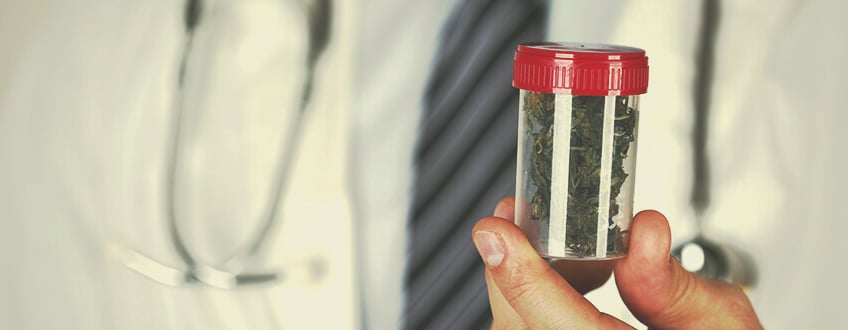
WRITE DOWN QUESTIONS YOU WANT TO ASK ABOUT CANNABIS OR CBD
Writing down a list of questions before your appointment will help you get the answer you’re looking for. It can be easy to forget specific questions during a consult, so bring the list in with you. Examples of questions you might want to ask include:
• Will cannabis or CBD interact with any of my medications?
• What type of cannabis or CBD would be most effective for me?
• What would be the best way for me to consume cannabis?
• Where can I find more reliable information on cannabis?
• Are there any side effects I should be aware of?
BE TRANSPARENT WITH YOUR DOCTOR
Honesty is the best policy. Doctors take confidentiality seriously. Tell them everything, from why you think cannabis might help you to your concerns about taking it. The more honest and transparent you are, the more they will understand your situation and try their best to help you.
LISTEN TO YOUR DOCTOR’S CONCERNS
It can be tempting to try and undermine your doctor's opinion. Sure, taking charge of your own health through good diet, stress management, and sensible cannabis use can be transformative. However, Google doesn’t have all the answers. If your doctor has concerns about your cannabis or CBD use, you need to take their points seriously.
DON’T BE AFRAID TO ASK FOR A SECOND OPINION
That said, doctors don’t always get it right, especially in regards to cannabis. The herb has only just re-entered mainstream culture in the most progressive countries, and doctors don’t learn a whole lot about it in school. If you think your doctor might have overlooked something, follow your gut and ask another medical professional for a second opinion.
KEEP A RECORD OF YOUR EXPERIENCE WITH CANNABIS OR CBD
Writing things down can help you keep track of your experiences. Figure out what works well for you through trial, error, and experimentation. Jot your thoughts and sensations down in a journal. Was a particular cannabis strain too strong? Perhaps a specific formula of CBD oil didn’t quite live up to your expectations? The more you record, the more you’ll learn.
- Taming THC: potential cannabis synergy and phytocannabinoid-terpenoid entourage effects https://www.ncbi.nlm.nih.gov


























